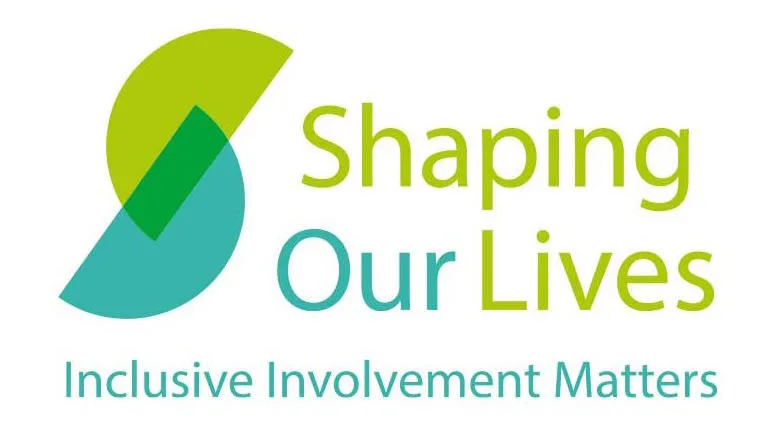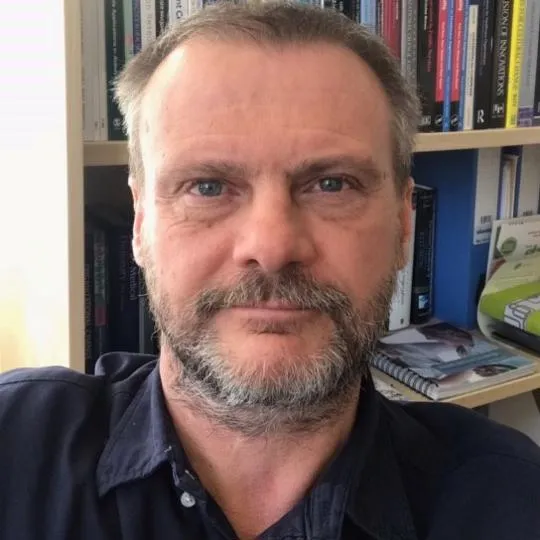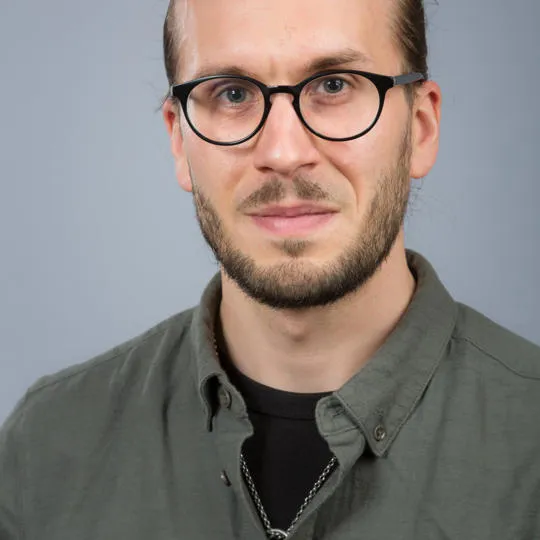Our collaborative project will try to help co-design ways of ensuring Disabled people and service users are included in decisions that impact their lives by developing and testing fit-for-purpose services informed by the needs and preferences of the people using them. More broadly, our work hopes to help encourage the wider research community to think more closely about how services can be co-produced and sustained through academics, User-Led Organisations, service users and health and social care organisations working together in truly collaborative ways.
Professor Glenn Robert, Principal Investigator and Chair in Healthcare Quality & Innovation
26 March 2021
Two funding awards to test and model effective research partnerships from a user-led perspective
Supporting new ways for services and researchers to work collaboratively with User Led Organisations and Disabled people.

Researchers in the Faculty of Nursing, Midwifery & Palliative Care’s Division of Methodologies have been awarded funding from the Economic and Social Research Council (ESRC) for a 16-month project to investigate new ways of partnership working between researchers, Disabled people and health and social care organisations.
Working in partnership with Shaping Our Lives – the national network and user led organisation of Disabled people and service users - the project aims to increase the positive impact of research in society by exploring how services can be shaped and informed by the experiences of service users to better meet their needs. Further funding awarded by the ESRC as part of the London Interdisciplinary Social Sciences Doctoral Training Programme will also support a full-time PhD student to undertake longer-term research on this collaboration as part of their doctoral thesis from October 2021.
Challenging traditional research methods
Traditionally research is an academic led process where researchers develop questions and then try to answer them. This has been increasingly challenged on the grounds that to identify and answer the most important questions and make the greatest beneficial impact on society, people who have relevant personal experiences of using health and social care services must be partners in the design, delivery and evaluation of any services that are intended to meet their needs. Involving people with lived experience of health and social care services is common, but often not an equal partnership between research teams and the people with experiential knowledge. Co-producing research and services with researchers, service users and others working together collaboratively, is challenging to do well but that is the goal here.
Researchers from the Faculty have argued that there can be challenges with adopting co-production as a method of research and that many researchers struggle or do not understand how to effectively work collaboratively with people who have relevant experiences. It can be hard to establish how service users can best become involved in the early stages of research or to find mutually productive and inclusive ways for researchers and service users to work together over time. While these may seem like simple things, they are not easily overcome and can discourage researchers from seeking to co-produce studies with service users.
Realising the potential of co-production
The social scientists from King’s and members of Shaping Our Lives are working together to study the user led approach that Shaping Our Lives has developed for over 25 years. This approach is being applied to a wider four-year project led by Shaping Our Lives called The Inclusive Involvement Movement, supported by the National Lottery Community Fund. This aims to create new services with and for Disabled people and service users that will help health and social care organisations, researchers, policymakers, and service users to overcome barriers to meaningful involvement by providing tools for working in equal partnership. These new services will therefore help all involved to realise the potential of co-production. This really matters because ensuring Disabled people and service user voices are heard and make an impact could lead to better and fairer health and social care policies and services.
The team will study the Shaping Our Lives approach to partnership working by considering the Nobel Prize-winning work of political economist Elinor Ostrom. They will see if the principles of partnership working she established can complement a user led approach and help to create new and sustainable services with and for Disabled people and service users. The principles will be assessed and adapted during this partnership with the aim of creating a practical framework of co-production from a user-led perspective. The framework will be developed to support the co-production of new or improved services for Disabled people and other service users that make it possible for them to be meaningfully involved in research, policymaking, and service design.
Shaping Our Lives is delighted to be able to work with King's College London on this study. We and many other user-led groups have tirelessly worked to improve understanding of inclusive involvement and the processes required for effective co-production. But after a quarter of a century we are still challenging many of the same barriers. The opportunity to formulate a user-led model for co-production against a recognised academic work, and with the support of King's College London, feels like a break-through in the credibility and value of user-led work.
Becki Meakin, General Manager, Shaping Our Lives


